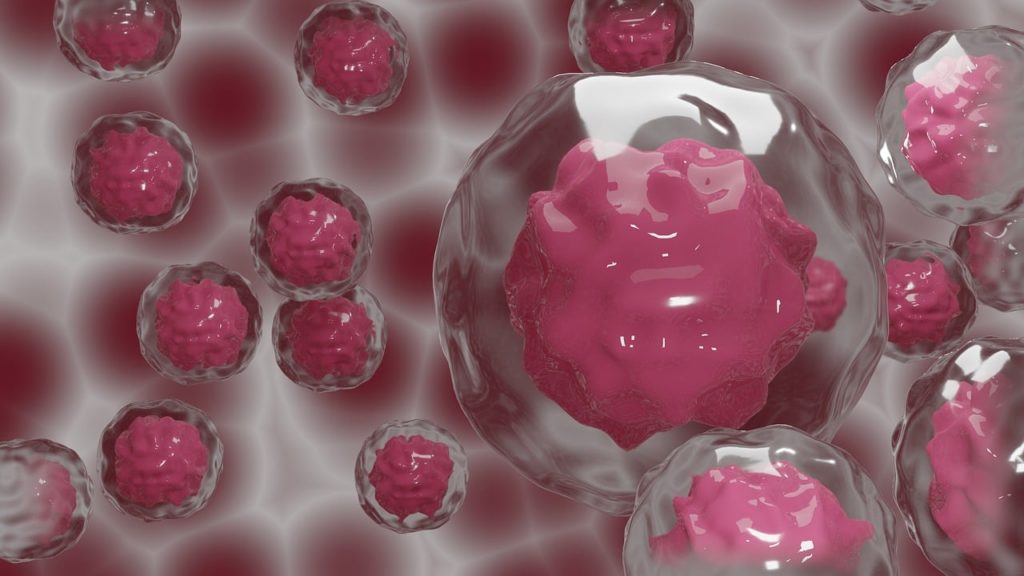
By clicking on either buttons, you are agreeing to our TOS and disclaimers and will be redirected to an affiliate cord blood banking provider. We might get financial compensation if you sign up with them through our affiliate links. Unlock your special discounts by adding your promo code.
CORD300 in the coupon field to get $300 OFF cord blood and tissue banking. OR cord200 to get $200 OFF if you are getting cord blood banking only.
Embryo from stem cells only, no sperm, no egg!
Groundbreaking Achievement: Embryo Created Solely from Stem Cells Marks a Landmark Advancement in Reproductive Science
In a groundbreaking scientific breakthrough that promises to reshape the landscape of reproductive medicine, a team of pioneering researchers has successfully created a fully formed embryo using only stem cells. This remarkable achievement marks a significant milestone in the field of regenerative medicine and opens up new possibilities for understanding human development and treating infertility.
The research, conducted at , was led by a science team and a world-renowned expert in stem cell biology and reproductive medicine. The team’s findings, published in the prestigious [Scientific Journal], have already garnered international attention and are poised to revolutionize our understanding of human development and fertility.
Traditionally, embryos have been created through fertilization, combining a sperm cell with an egg cell to initiate embryogenesis. However, this groundbreaking study demonstrates that embryogenesis can be initiated solely through the use of stem cells. Stem cells, known for their remarkable capacity to transform into various cell types, have long been studied for their potential in regenerating damaged tissues and treating a range of medical conditions.
Key highlights of this landmark achievement include:
Stem Cell-Derived Embryo: The research team successfully created a functional embryo using induced pluripotent stem cells (iPSCs), which can be derived from adult cells. This innovative approach eliminates the need for traditional fertilization methods.
Ethical and Practical Implications: The creation of embryos from stem cells has significant implications for the ethical and practical aspects of assisted reproductive technology. It offers potential alternatives for individuals and couples facing infertility issues.
Advancements in Human Development: This breakthrough provides researchers with a unique tool to study early human development, shedding light on the complexities of embryogenesis and potentially leading to new insights into preventing and treating developmental disorders.
Future Medical Applications: Beyond infertility treatment, this research opens the door to a wide range of medical applications, such as tissue regeneration and disease modeling.
They commented on the significance of the research, stating, “This achievement represents a leap forward in our understanding of human development and the potential applications of stem cell technology. While there is much more work to be done, we are excited about the possibilities this discovery holds for both reproductive science and regenerative medicine.”
The implications of this research are expected to spark widespread interest and discussion among scientists, ethicists, policymakers, and the general public. As the research continues to unfold, it promises to shape the future of both reproductive science and regenerative medicine, offering hope to millions of individuals affected by infertility and unlocking new horizons in medical research.
